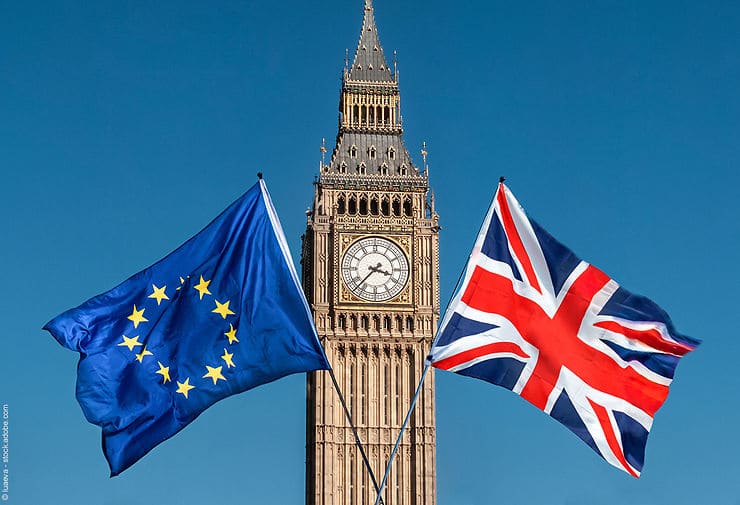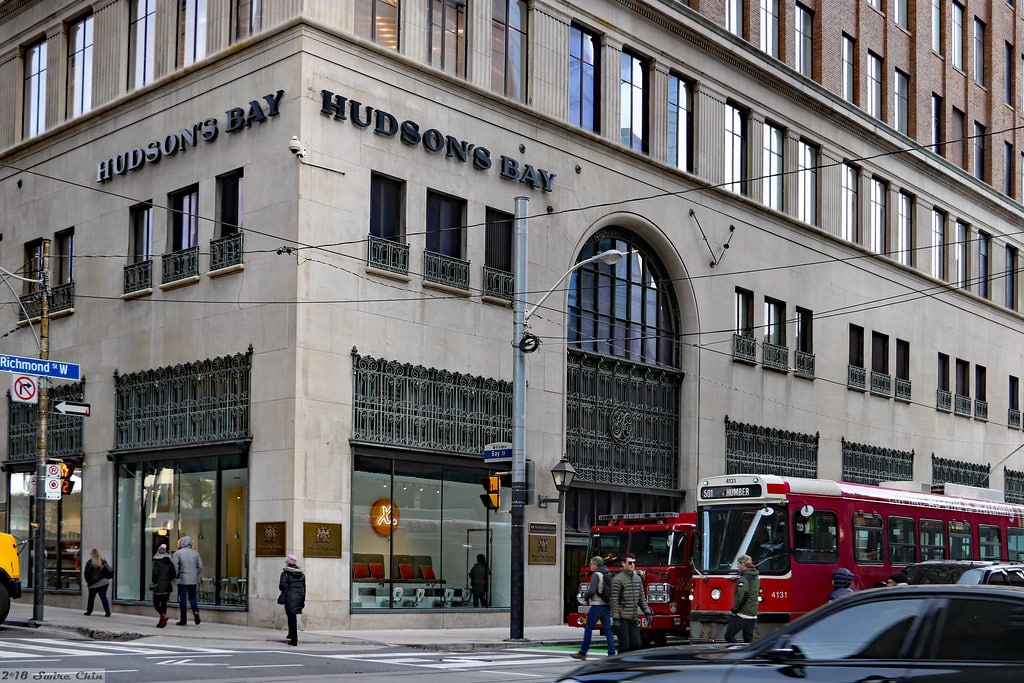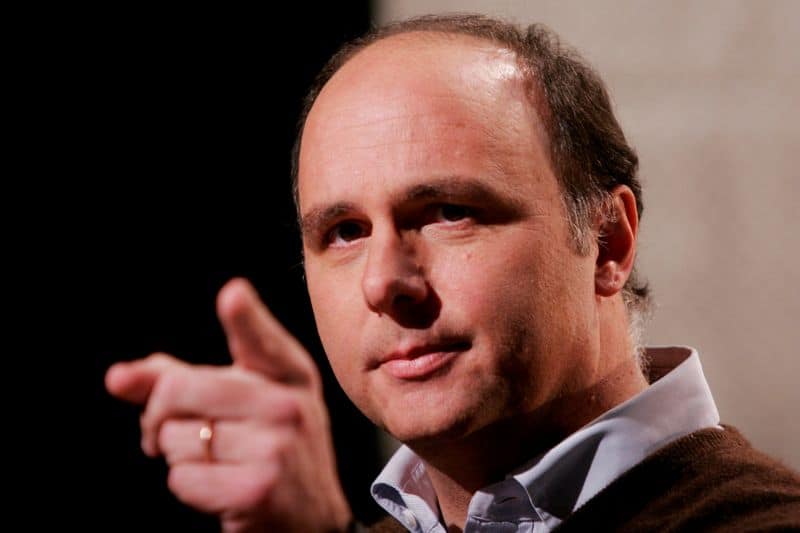Indeed, since the June 23, 2016 referendum in favor of Brexit, the British luxury and automobile industries have been the most affected.
By Luxus Plus
The effects of Brexit on the British luxury industry …
According to a study commissioned by Walpole, a lobby group in the British luxury industry, almost a fifth of British luxury exports are at risk. British luxury, which has prestigious names like Burberry or Bentley, could lose up to 6.8 billion pounds (7.9 billion euros).
“British luxury goods companies are determined to stay in Britain, but we are losing patience with a government that takes us to the brink of a ‘no-deal’,” said Helen Brocklebank, CEO of Walpole.
“Exports lost by British luxury will cost the British economy nearly 7 billion pounds and we believe that this money should be used to strengthen the country and not to weaken it. We urge the government to categorically rule out any exit without agreement.”
Walpole represents 250 luxury brands, including Alexander McQueen, Burberry, Bentley, Claridge’s, Dunhill, Harrods, Glenmorangie, Rolls-Royce and Wedgwood.
About 80% of British luxury goods are exported and Europe is its largest market.
… And the automobile
In 2019, vehicle manufacturing fell 14% from 2018, dropping to 25% over three years, according to statistics released Thursday, January 30 by the Society of Motor Manufacturers and Traders (SMMT) the area.
Production is at the lowest level in almost a decade, and Jaguar Land Rover has announced that it will cut 4,500 jobs.
Beyond the British automobile crisis, the main question remains whether or not to introduce customs duties which could further undermine production and trade in the sector.
Thus, negotiators have only eleven months to define the terms of a trade and customs agreement between the United Kingdom and the European Union.
A delay which may seem long but not as long as that given the importance of the consequences.
Thus, the Minister of Finance and the Treasury (Chancellor of the Exchequer) Sajid Javid, let fear the worst: “Whatever the outcome of the negotiations, companies will have to adapt to the new deal. we are not going to align our laws with those of the European Union by the end of the year; we are not going to accept the rules that others want to impose on us. We will not be part of the common market or Customs Union.”
Clearly, there is therefore a good chance that customs fees will appear which could penalize the sale of models in England.
A radical decision by the British authorities could further accentuate the unease of an industry which employs nearly 60,000 people.
Read also: Britain’s luxury sector warns of £6.8 billion loss from no-deal Brexit









